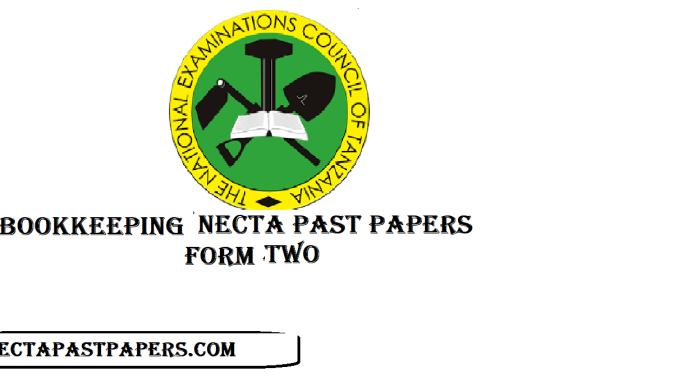
Bookkeeping is a fundamental subject in the Tanzanian education curriculum for Form Two students, playing a crucial role in developing their understanding of financial management, record-keeping, and basic accounting principles. As students prepare for their NECTA (National Examinations Council of Tanzania) exams, utilizing past papers can significantly enhance their preparation and performance. In this article, you will find downloadable PDF links for Form Two Bookkeeping NECTA Past Papers, along with insights into the importance of bookkeeping in the Tanzanian education system.
Form Two Bookkeeping NECTA Past Papers
Below is a table with downloadable PDF links for various years of Form Two Bookkeeping NECTA past papers. Simply click on the respective year to download the PDF file:
| Year | Download Link |
|---|---|
| 2023 | Download 2023 Past Paper |
| 2022 | Download 2022 Past Paper |
| 2020 | Download 2020 Past Paper |
| 2019 | Download 2019 Past Paper |
| 2018 | Download 2018 Past Paper |
| 2017 | Download 2017 Past Paper |
| 2016 | Download 2016 Past Paper |
| 2014 | Download 2014 Past Paper |
| 2013 | Download 2013 Past Paper |
| 2008 | Download 2008 Past Paper |
Click on the download link to access the past paper.
Core Subjects for Form Two in Tanzania
In addition to Bookkeeping, Form Two students in Tanzania study various core subjects that are essential for their educational development and future academic endeavors. These subjects include:
- Mathematics
- English Language
- Kiswahili
- Civics
- Geography
- History
- Biology
- Chemistry
- Physics
Bookkeeping, in particular, is crucial for students who wish to pursue careers in finance, business management, and entrepreneurship. It lays the groundwork for understanding financial statements, transactions, and the principles of accounting.
The Impact of Bookkeeping Education on Students in Tanzania
Bookkeeping education equips students with essential skills for managing finances effectively. It fosters an understanding of the importance of accurate record-keeping and financial planning, which are vital for both personal and professional success.
By studying bookkeeping, students gain practical knowledge that prepares them for real-world situations, such as budgeting, managing expenses, and understanding financial documents. These skills are not only applicable in business environments but also in everyday life, where financial literacy is increasingly important.
Moreover, bookkeeping encourages critical thinking and analytical skills, enabling students to analyze financial data, make informed decisions, and understand the implications of financial activities. This foundation is crucial for students interested in pursuing further studies in business, accounting, and finance.
Leave a Reply